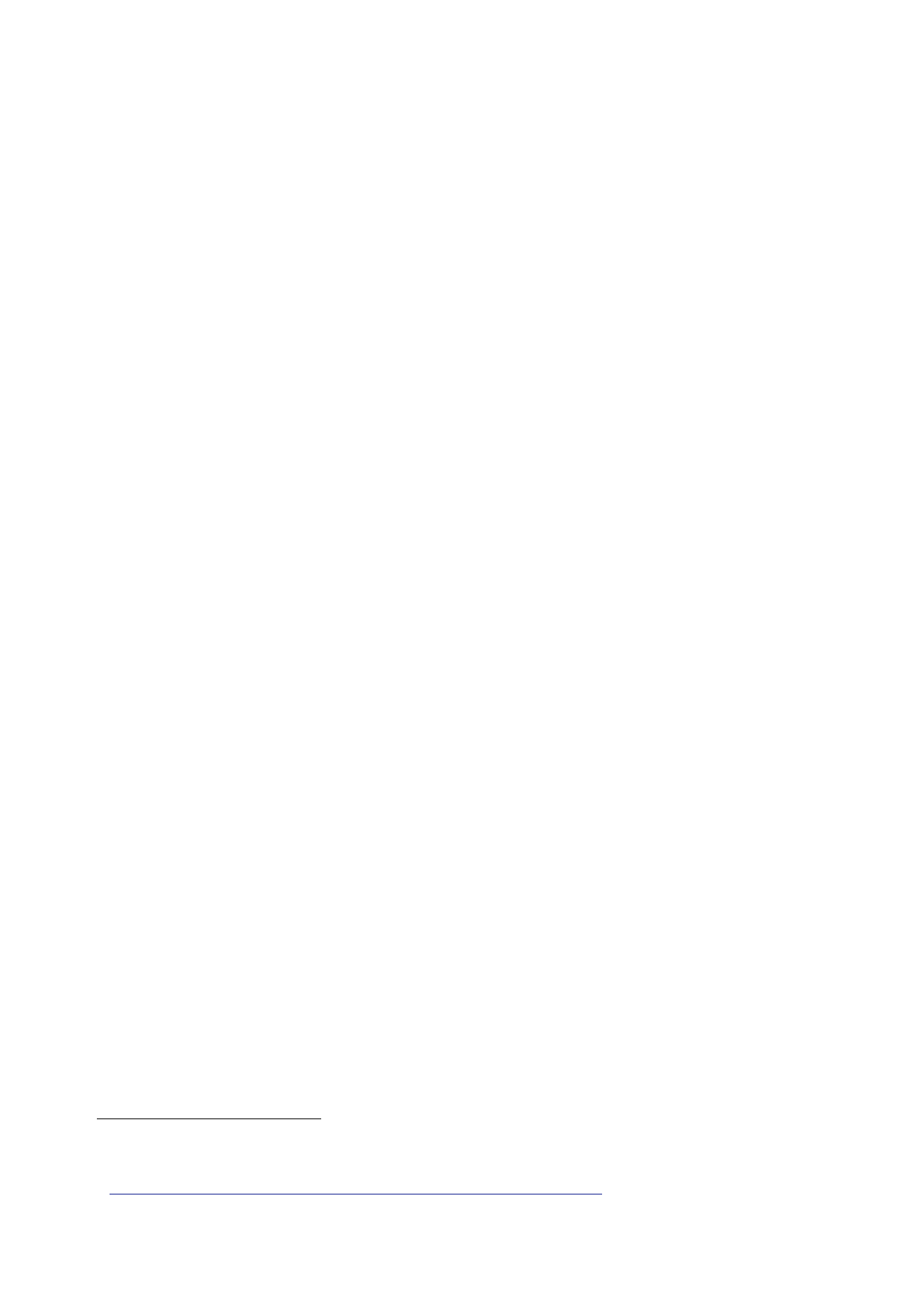
The Report
of the Iraq Inquiry
64.
In his annual
State of the Union speech on 29 January 2002, President
Bush
described
the regimes in North Korea and Iran as “sponsors of
terrorism”.18
He
added
that Iraq
had continued to:
“... flaunt
its hostility towards America and to support terror ... The Iraqi
regime has
plotted to
develop anthrax, and nerve gas, and nuclear weapons for over a
decade.
This is a
regime that has already used poison gas to murder thousands of its
own
citizens
... This is a regime that agreed to international inspections –
then kicked out
the
inspectors. This is a regime that has something to hide from the
civilized world.”
65.
President Bush
stated:
“States
like these [North Korea, Iran and Iraq], and their terrorist
allies, constitute an
axis of
evil, arming to threaten the peace of the world. By seeking weapons
of mass
destruction
these regimes pose a grave and growing danger.”
66.
From late
February 2002, Mr Blair and Mr Straw began publicly to
argue that Iraq
was a
threat which had to be dealt with. Iraq needed to disarm or be
disarmed.
67.
The urgency
and certainty with which the position was stated reflected
the
ingrained
belief that Saddam Hussein’s regime retained chemical and
biological warfare
capabilities,
was determined to preserve and if possible enhance its
capabilities,
including
at some point in the future a nuclear capability, and was pursuing
an active
policy of
deception and concealment. It also reflected the wider context in
which the
policy was
being discussed with the US.
68.
On 26 February
2002, Sir Richard Dearlove, the Chief of the Secret
Intelligence
Service,
advised that the US Administration had concluded that containment
would
not work,
was drawing up plans for a military campaign later in the year, and
was
considering
presenting Saddam Hussein with an ultimatum for the return of
inspectors
while
setting the bar “so high that Saddam Hussein would be unable to
comply”.19
69.
The following
day, the JIC assessed that Saddam Hussein feared a US
military
attack on
the scale of the 1991 military campaign to liberate Kuwait but did
not regard
such an
attack as inevitable; and that Iraqi opposition groups would not
act without
“visible
and sustained US military support on the ground”.20
70.
At Cabinet on
7 March, Mr Blair and Mr Straw emphasised that no
decisions
to launch
further military action had been taken and any action taken would
be in
accordance
with international law.
18
The White
House, 29 January 2002, The
President’s State of the Union Address.
19
Letter C to
Manning, 26 February 2002, ‘US Policy on Iraq’.
20
JIC
Assessment, 27 February 2002, ‘Iraq: Saddam Under the
Spotlight’.
12
